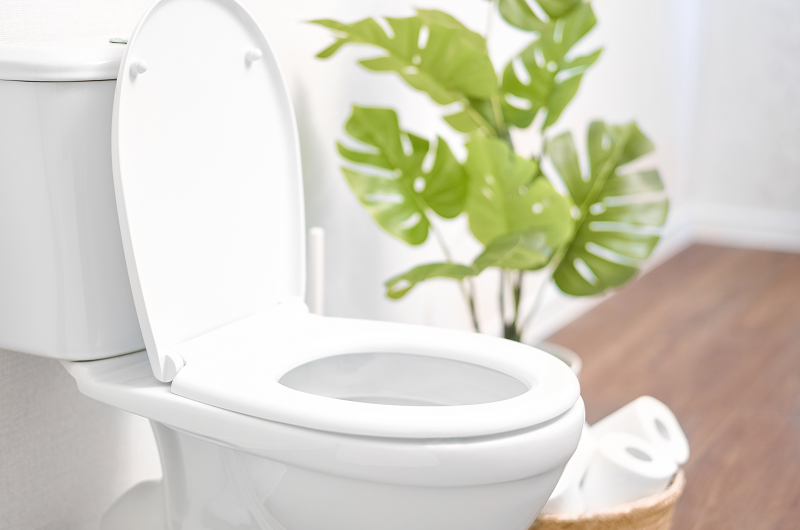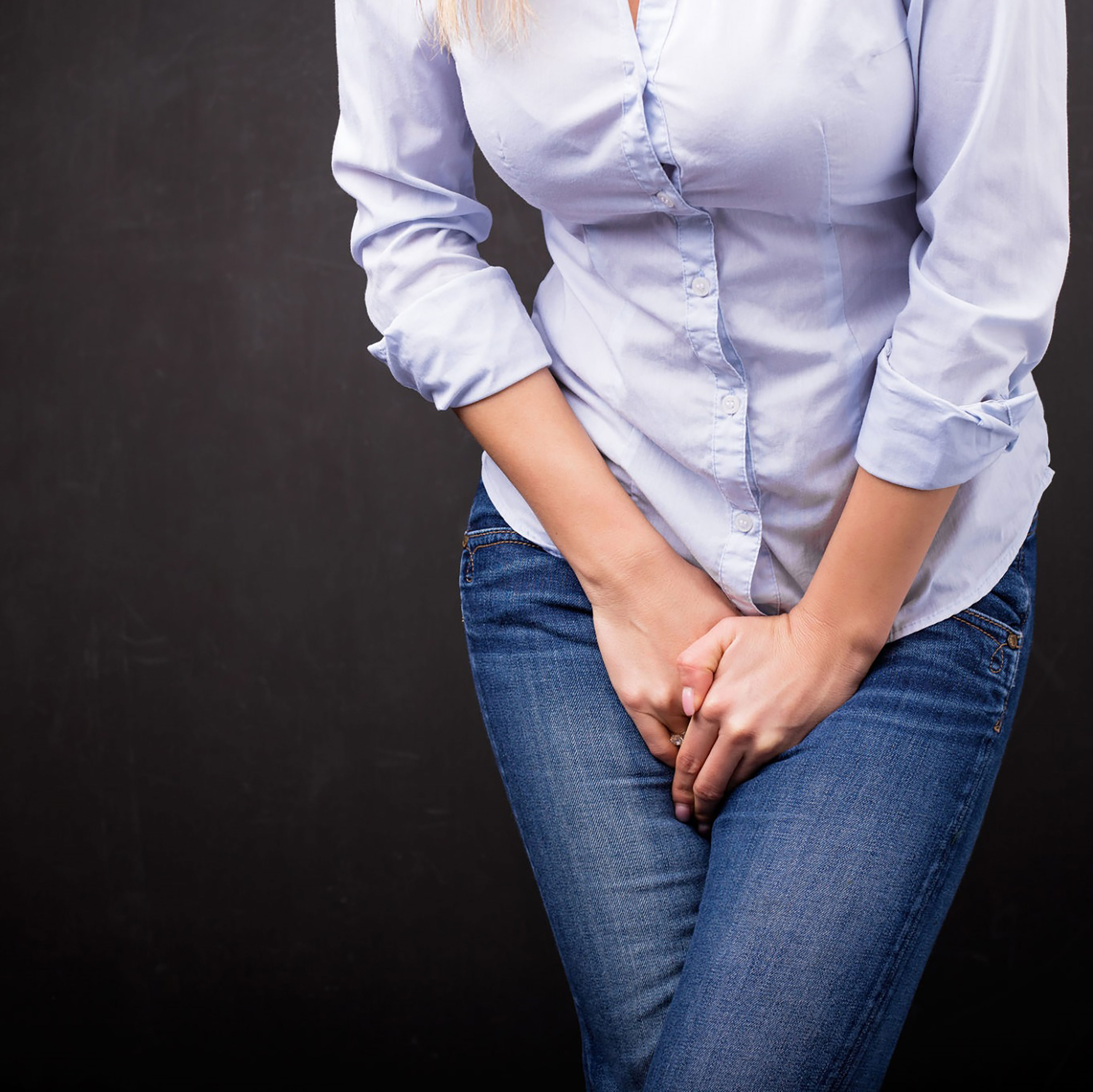Why Do I Pee So Much?

September 27, 2023
Frequent urination is a common occurrence that affects millions of people around the world, and it can be triggered by a multitude of factors, some of which are entirely normal, while others may indicate an underlying health issue.
How often is considered normal?
“While there’s no one answer for the ‘normal’ number of times to pee per day, the average is around six,” says urology specialist, Michelle Joosun Kim, M.D.
If you are peeing eight times a day or more, you might have an overactive bladder – but this also depends on factors such as:
- the size of your bladder
- how much pee your body produces
- how much fluid you drink
However, what matters most is what’s normal for you.
“As few as four and as many as ten can also be healthy, as long as you feel good and are not experiencing other symptoms as well,” says Dr. Kim. “But, it's important to talk to your doctor if you are feeling concerned about the frequency of your urinations – they can help discern what a ‘normal’ amount of bathroom time looks like for you.”
What causes me to pee so much?
If your bladder is especially active, there can be many factors that cause you to pee more including:
- Drinking lots of fluids
- Drinking alcoholic and caffeinated beverages: these types of drinks act as a diuretic and cause the kidney to produce more urine
- While drinking alcohol, some may think that if they hold back the urge to pee, they won’t “break the seal,” however, this is urban legend. Alcohol is diuretic and will lead to more produced urine, regardless of if you hold it or not
- Certain medications can have a diuretic effect, causing your body to get rid of excess fluid
- Blood pressure medications most commonly have this effect
- Some foods or supplements are natural diuretics including:
- Green tea & black tea
- Seltzer or soda
- Spicy foods
- If you’re pregnant, hormonal changes (plus the pressure of a growing baby on your bladder) will cause you to pee more often
- Age: as you get older, you may find you pee more often
- Women going through menopause may pee more often because their bodies are producing less estrogen, increasing their urge to pee
- Diabetes
- Type 1 and type 2 diabetes can raise your blood sugar, which will encourage your kidneys to try to filter it out
- Your kidneys often can’t keep up with filtering out the sugar, so it ends up in your pee and draws more water from your body, making you have to pee more
- Some diabetic medications work by putting sugar into the urine, which can also lead to increased urination
- You have a urinary tract infection (UTI)
- UTIs can make you feel like you need to pee more frequently, even when you have just gone
- You will likely feel a burning sensation when you pee & pee in smaller amounts
- You have urinary retention: you can’t fully empty your bladder
- Typically associated with increased urination, lower abdominal pain and constantly feeling like you have to pee
- Your calcium levels: if the calcium levels in your body are too high or too low, your pee habits may change
- If you have low potassium levels, your kidneys may be unable to concentrate your urine
- This can lead to excessive thirst and increased urination
- Anxiety: if you are feeling anxious, which can cause the muscles around your bladder to contract and stimulate the urge to pee
This list is not exhaustive, as there are many health conditions and other factors that can cause you to pee more often, or feel like you need to pee more often. If you are concerned about an underlying condition, talk to your health care provider to find out why you are peeing more often than usual.
3 Reasons You Shouldn’t Hold Your Pee In
Holding in your pee can lead to health issues like:
- UTIs – holding in urine can allow harmful bacteria to multiply in the urinary tract
- Weakened muscles, causing urinary incontinence – holding in pee for extended periods can weaken the muscles responsible for controlling urination, and possibly lead to incontinence
- Kidney stones – holding in urine can cause kidney stones, especially for those who have a history of the condition
“It’s important to listen to your body – if you have to go, then go!” says Dr. Kim. “Listen to your body’s cues; regular trips to the bathroom help to maintain a healthy urinary system.”
When should I be worried?
Urine can be an indicator of several health problems, from UTIs and kidney stones to thyroid problems or tachycardia. Other factors that suggest you should see your doctor include:
- A fever and back pain
- White and cloudy pee
- Discolored pee
- Blood in your pee
- A strong or unusual scent of your pee
If you’re unhappy with how often you feel you have to go, or if your pee changes in consistency, color, or smell, it may be time to call your doctor.
Your doctor can help you to diagnose these symptoms and develop a treatment plan to combat your increased urge or need to pee. In some cases you may simply have an overactive bladder, which can be treated as well.
Next Steps & Resources:
- To make an appointment with a urologist near you, call 800-822-8905 or visit our website.
- Learn more about urology services at Hackensack Meridian Health







